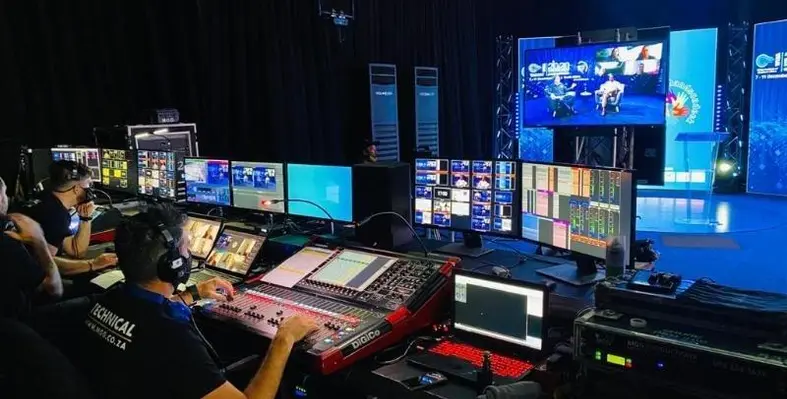The inclusion of youth professionals in the water sector was a major theme as the Water Institute of Southern Africa’s (WISA) Conference and Exhibition 2020 came to a close on Thursday, (10 December).
Neil Louw, deputy lead of the Gauteng Committee of the Young Water Professionals, and Marlene Van Der Merwe-Botha, chair of the technical committee for WISA 2020, both acknowledged the excellent role that young professionals play in the water sector, but said they are unappreciated, and should be involved in decison-making and creating solutions.
Louw said, “At the moment it is new problems but old solutions. We need solutions from fresh minds that have grown up in a digital age who can approach problems from different angles.Young people also bring diversity and this can only benefit the sector and the country, bringing new ideas and new visions, which we need.”
Louw added that while young water professionals have repeatedly proved their capabilities, as many of them had done across WISA 2020, they need to be shown more trust at higher levels. He pointed out, “We need to get young people involved in the decision-making process. Why not have a panel and committee and take young people under their wing and get them involved in the decision-making?”
The two speakers then addressed other key lessons that had emerged from WISA 2020. Many participants had mentioned ‘African problems require African solutions’; a phrase that recognised the increased need for innovation and collaboration within the South African water sector. There is a plethora of ‘ivory tower university research’ being produced, (as was showcased in several student presentations throughout WISA 2020), but it is struggling to make its way into ground level solutions.
There are also hundreds of graduates struggling to find employment in the water industry, with many companies reluctant to employ them, believing they lack practical experience. More collaboration between the industry and universities would result in cutting-edge research being used to solve water issues within South Africa and address the lack of skills within the industry.
Louw noted the worrying trend that the innovative solutions that are being developed, were failing to make their way to smaller municipalities, instead only larger, better financed water providers were benefiting, leaving others behind. This problem is enhanced by continued high levels of corruption within the sector and while change is starting to manifest, it remains a recurring issue.
To incorporate these together, Louw suggested that the industry had to turn government regulation from one of ‘reaction’ to one of ‘proaction’; to implement these innovate ideas and take hold of rigorous planning so that South Africa is prepared for the next crisis, rather than struggle with it when it comes.
Merwe-Botha concluded, “Let’s ensure the hard work of WISA 2020 does not go undone. From our side, WISA will formulate a research paper to produce solutions and put them forward to South African leadership. We will attempt to establish leadership positions for young professionals to get their voice through. Let’s keep committed and keep supporting this sector. Let’s get organised, keep our hands on deck and keep sharing knowledge.”












